The chaos of a train station was nothing compared to the mayhem outside: just to the right of the station sits a small amusement park, which announces itself with flashing red and blue lights and shrieks of excited children. As I walked closer, I noticed the purple seats of the rides bobbing people up and inhaled or the pungent smell of livestock. I looked around for the source of the smell. Eventually, I noticed ponies prancing around in a quaint, green field, the fast train speeding off in the distance behind them. I wove my way through the crowd, past families, and the occasional donkey, before I found the ringmaster. He was the reason I was there, after all.
The whole thing reminded me of a time when I was a kid. I had just exited the large stadium full of clowns stuffed into tiny cars and acrobats dangling from the ceiling when it happened. I had stumbled upon a hornet’s nest camouflaged by gray rocks, and the vicious insects made their displeasure at my intrusion abundantly clear. Although this put me off of circuses for a while, the kindness of the ringleader helping my mom tend to my numb leg made everything a little better.
Of course, the ringmaster of this little amusement park in Tangier is not like the man who helped me all those years ago. He does not wear the long red coat, nor does he don a tall black top hat. Instead, he attends to the small group of ponies that prance around the small field nearby.
The first time I saw the circus’s flashing lights through the windows of a dark van after a weekend trip to Rabat, my interest was piqued. I asked around to see if anyone knew anything about the ringmaster. Not even our campus manager Mourad could tell me his name—and Mourad knows everyone in Tangier. This, of course, made me all the more curious. I had to find out more.
From a young age I had been intrigued by performances, from magicians to circuses. I was fascinated by anything involving animals; I spent my days watching Animal Planet or reading oceanography books instead of playing with the kids next door. These were odd habits for a five-year-old. It was pretty clear that I would grow up to work with wildlife. When I applied to the UNE’s animal studies program and got accepted, no one in my family was surprised.
My decision to travel abroad to Morocco during my junior year of college was a bit more surprising. I hadn’t done much research beforehand; instead, at home I dedicated my time searching for jobs as a magician’s assistant. I thought a job working with animals in the entertainment business would be something I would enjoy especially, since they often get to work with exotic creatures.
It was on a Saturday night when I finally visited Wafa Even Parc and the Saltamontes Circus (meaning grasshopper in Spanish). The lines were long, the employees looked worn out, and I could hardly see through the crowd. My first reaction was to panic. Here I was, a future magician’s assistant, having ventured there alone, and the circus master and his ponies were nowhere in sight. I walked further into the park, standing on my toes to see better and cursing my height. Towards the back of the park I spotted some trailers and, hoping they were for the horses, made my way to them. No one was there when I arrived, but I could hear the faint sound of hooves, and soon enough I saw the ponies attached to each other, much like the trains at the nearby station. Finally, a frazzled man came into view, leading the horses.
“Hello,” I said.
“Hello,” he replied in English with a heavy Moroccan accent.
The man seemed tired and, to be honest, I didn’t even know if he was the man I who could tell me about the circus. Standing there I felt rather foolish.
“Would it be okay if I asked you some questions?” I said to the man. He seemed to understand what I was saying, but he looked a little reluctant to agree to an interview, as if I were some nosy journalist. Upon seeing this, I tried to reassure him that I would call him the Ringmaster in what I was writing. His worries seemed assuaged.
“Have you always lived here?” I began.
“Yeah,” he said, “born here in Morocco.”
“Do you like it here?” I asked, following him as he led the horses to the small field nearby.
He gave a little shrug and said it could be worse. He has a job and is able to support his family. His kids sometimes even come out and help him with the ponies. Of course, things could be better. The construction being done on the train station had hurt business for a little while, but with the fast train now operating, business has picked back up. The park runs only at night, but the Ringmaster doesn’t get many breaks. His horses are relatively easy to care for, he added. They are able to graze in the nearby fields for most of the day with their only real need being water. Even so, the long nights and screaming kind often leave the Ringmaster exhausted. But long nights are part of the Moroccan experience. Most places open late in the day and stay open late at night.
Looking around, I noticed how everyone was enjoying the park but no one had approached us looking for a pony ride. With this being one of the only amusement parks in Tangier, I found it odd that no one had come to even look at the ponies. But this wasn’t your typical circus, either.
“It’s always like this now,” he said gesturing with his arms. I assumed he meant during the winter season. Everyone was bundled up in thick jackets, their breath rising into the air like smoke from a fire.
“Do you ever wish to leave Tangier?” I asked.
“Sometimes,” he said in his thick accent, “but my family and my business are here,” he added, pointing to the ponies. I looked at this modest man, standing in his rubber boots with a gentle look on his face. There was nothing of the brutality I associated with circuses which have been riddled with the mistreatment of animals since the gladiatorial battle battles of ancient Rome. Just the other day I had been sitting in my Moroccan friend’s Mohammed’s house as my friend Dianne ran around with the cat and practiced tap dancing. The cat playfully attacked her feet from under the table, and it quite reminded me of the Romans throwing Christians to the lions.
Time continued to pass and still no one came for a pony ride. I wanted to ask the Circus Master how much money he typically made in a week, but I didn’t think such a question would be appreciated so I kept quiet. But standing there got me thinking and I realized that I know nothing about the average working-class man in Morocco. I can’t blame myself too much, though, as most of my experiences have included strange men in the Medina trying to coax us into their shops or give us tours around the city. All for “free,” of course.
The Circus Master’s clothes had seen better days. The worn-out soles of his black boots were caked in mud. Dirt, which had been kicked up by the ponies, stained his pants. His shirt was a dull blue, the kind of color one sees when they put their clothes through the washer one too many times. Wrinkles lined his face and glimpses of yellow teeth could be seen every time he opened his mouth to speak. It was the gentleness in his face, though, that left the strongest impression.
Turning away from the Ringmaster, I realized it was getting late, and decided to head back to campus. I thanked him, turned around, and hailed one of the taxis in front of the train station. The drive back to campus gave me time to think about my day. The interview had been interesting, and this trip made me reconsider the job with the magician. The ponies were nice but rather boring as far as animals go, and while it wasn’t exactly the Ringling Brothers and Barnum & Bailey Circus, I realized that it may be best to look for jobs elsewhere. Not to mention the screaming kids and ensuing headache would be enough to put me off human interaction for the rest of my life.
Arriving safely back on campus, my thoughts turn to the Ringmaster himself. Although he was a little rough looking and worn out, he showed kindness to both me and his animals. He spoke with me even though he was reluctant at first, and he gave his animals freedoms that other animals in the entertainment business don’t usually get.
I can’t help but draw comparisons between the Ringmaster and his animals. Their exteriors, stained from work, shelter their somewhat gentle interiors. Both may have dreamed of greener fields elsewhere. But now they find themselves outside a train station in Tangier rather content with their lives, both man and beast doing what they need to in order to survive.
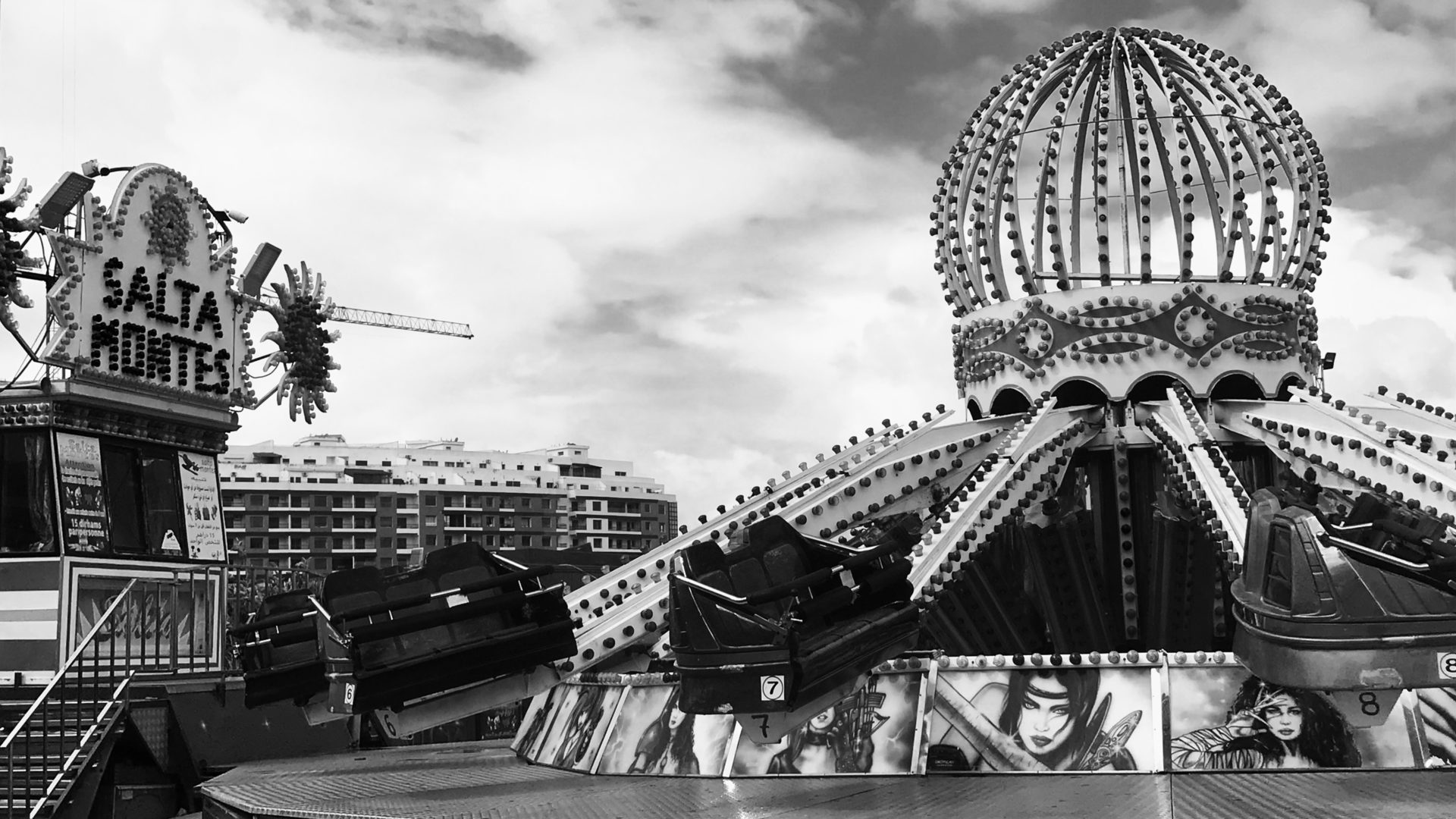
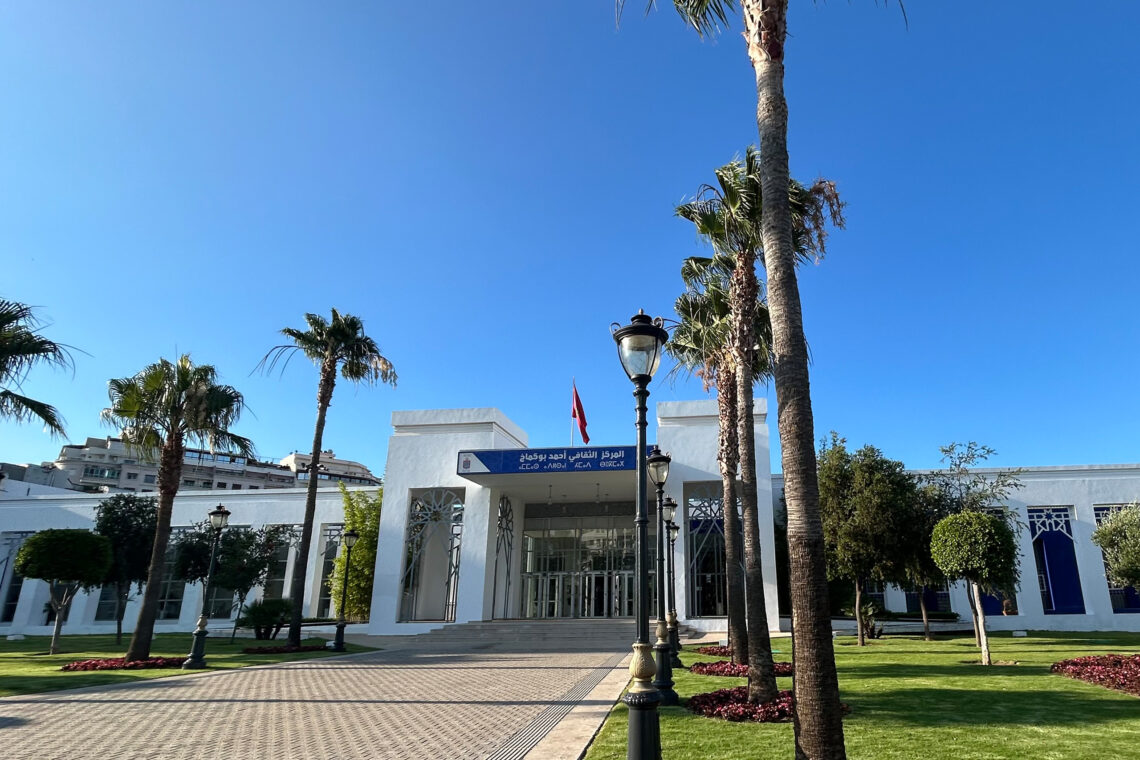
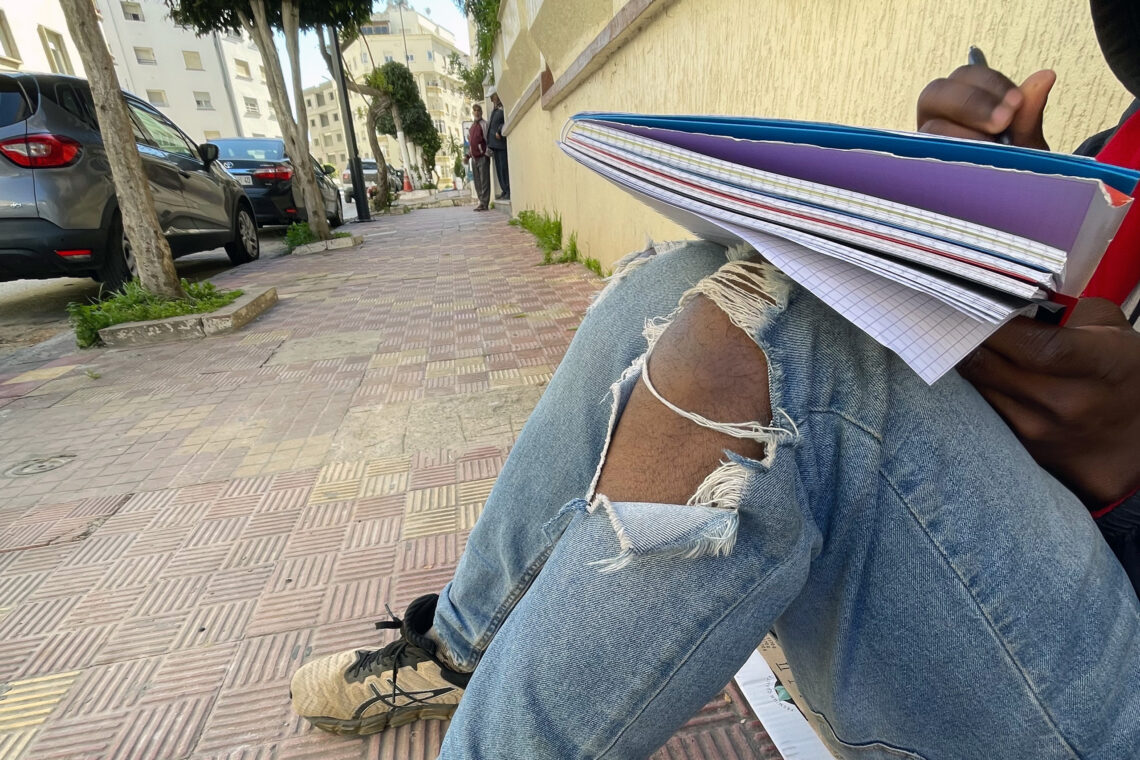
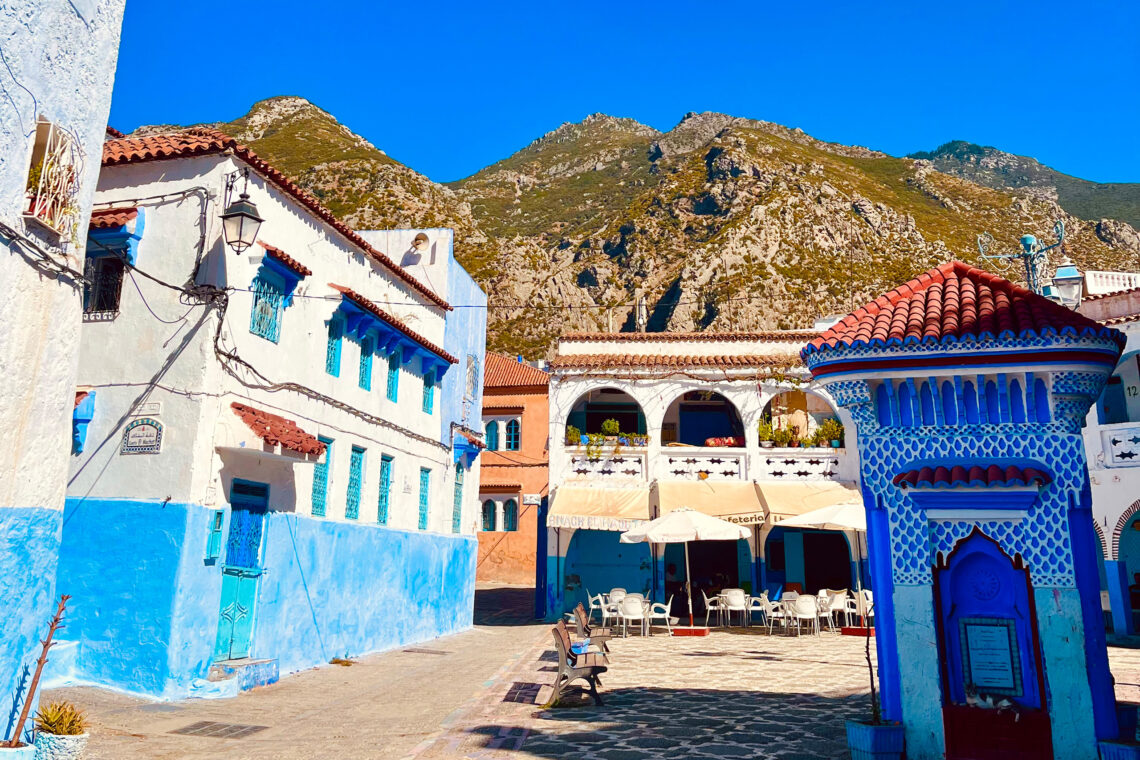
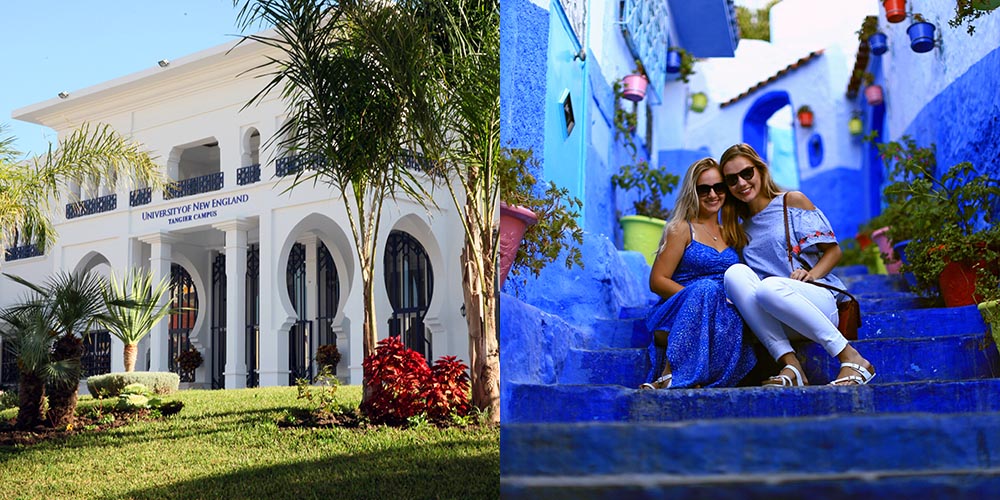

Comments are moderated by the editor and may not appear on this discussion until they have been reviewed and deemed appropriate for posting. All information collected is handled in a manner consistent with our privacy policy.